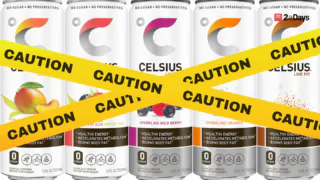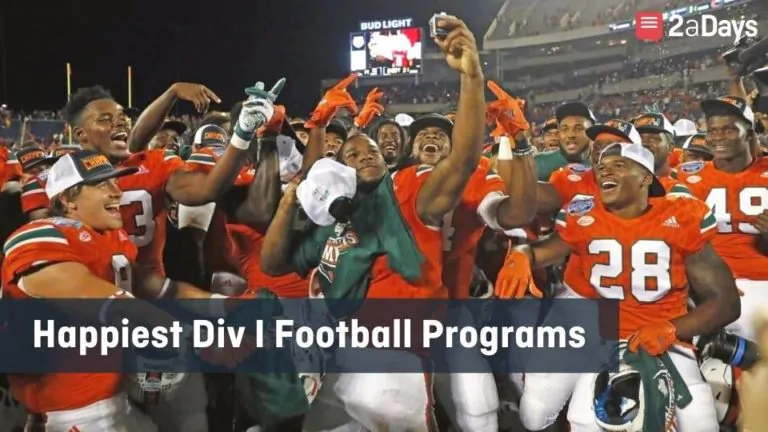Recently there has been a lot of talk about the NCAA‘s ban on the popular energy drink Celsius. While many believed this was due to the caffeine that the energy drink contains, Celsius is actually outlawed because of guarana extract — an ingredient that is completely banned by the NCAA. The decision to ban this drink is a reminder to college athletes to be aware of what they are consuming and ensure that they are not at risk of failing a drug test given by the NCAA. Here's how you can stay safe and eligible when consuming your favorite beverages and supplements.
Stay Up to Date
This recent ban acts as a reminder to every college athlete to be careful of what they consume and to be aware of what is in the products that they consume. Every school year, the NCAA provides an updated list of banned substances that student athletes are not to consume. College athletes who test positive for these substances in a drug test are subject to consequences.
Related: Rate your Coaches, Facilities, and Campus Visits
Watch Your Caffeine Intake
Although guarana extract was the main culprit of the Celsius ban, remember that one of the substances that is restricted by the NCAA is caffeine. Now, do not worry if you are an athlete who likes to drink coffee, soda, or tea. The NCAA allows athletes to drink caffeine, they just have a limit on how much can be consumed. The NCAA allows for 15 micrograms per milliliter of caffeine concentration. This is about 500mg of caffeine or 6 to 8 cups of coffee 2 to 3 hours before an event. There are some products that athletes should stay away from because they have high amounts of caffeine in them, including Red Bull, Pre-workout products, and even Gatorade energy gummies.
Related: Are Supplements Worth it? Pros and Cons of two Popular Supplements for Athletes
Say No to Drugs
There are nine drug classes that the NCAA has banned. Those drug classes include stimulants; anabolic agents; alcohol and beta blockers; diuretics and masking agents; narcotics; cannabinoids; peptide hormones, growth factors, related substances, and mimetics; hormone and metabolic modulators; and beta-2 agonists. The NCAA does provide a list of examples of substances in each of these classes, and there is not a complete list available. Your best bet as an athlete who wants to stay eligible is to avoid these drug classes altogether
The NCAA puts these rules into place to keep athletes safe and healthy. If you ever have a question about a product you are consuming, you should have your products checked by a qualified staff member in their athletic department. And if nobody can give you a straight answer, it's probably best to pour it down the drain.
Have an idea for a story or a question you need answered? Want to set up an interview with us? Email us at [email protected]
* Originally published on October 10, 2022, by Marissa Massaro






